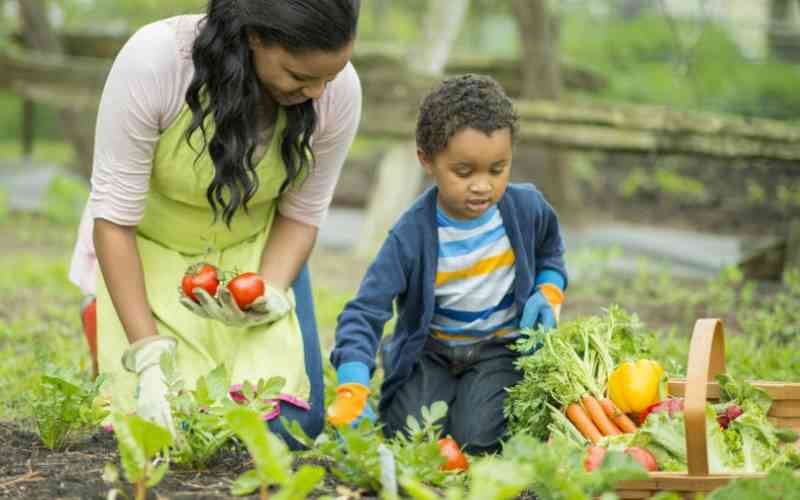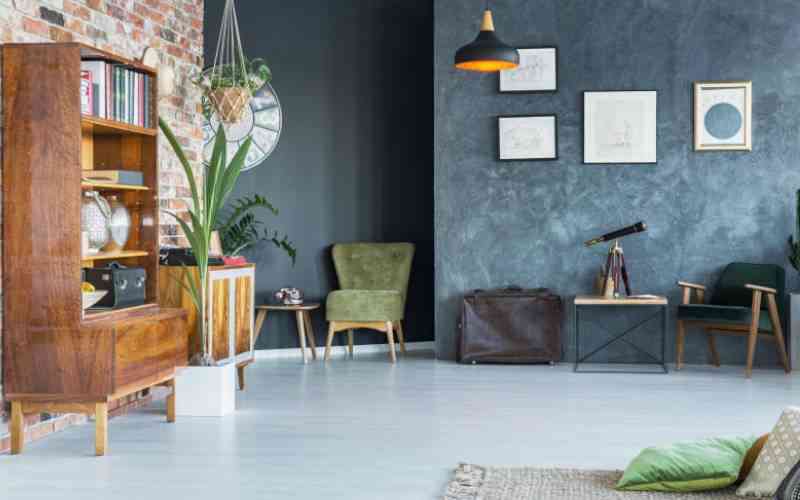
Global warming has become a universal concern and ways to mitigate it are being devised each new day. In the building industry, “green-conscious people” are turning to renewable, organic and environmentally friendly-construction materials.
One such material is bamboo, which is increasingly being used for flooring. Though relatively new in Kenya, the use of bamboo as a flooring material has been common across the world for many years.
Bamboo floors are manufactured from the bamboo plant and are classified as a form of sustainable flooring as they reduce the demand on ecosystems during their life-cycle: harvest, production, use and disposal.
“Bamboo flooring is made from a fast-growing renewable “timber” (bamboo is actually a grass). It is naturally anti-bacterial, water-resistant and extremely durable
Majority of today’s bamboo flooring products originate from China and other parts of Asia,” says John Mulatya, the principal sustainability engineer at Web Limited.
Web Limited is a sustainable construction consultancy firm working closely with the Kenya Green Building Society.
One development that has adopted bamboo flooring is Garden City on Thika Superhighway, Nairobi. This earned the development a GreenStar Multi-Unit Residential V1 green building rating from the Kenya Green Building Society.
“The development in its commitment to reduce the use of virgin materials and encourage the use of materials from a sustainable source chose to adopt bamboo flooring.
The design team decided to use bamboo as an alternative to conventional flooring because of its physical similarities to true hardwoods, strength, durability, eco-friendliness and natural resistance to insects and moisture,” says Mulatya.
The species primarily used in this project is Moso Bamboo, which is also used in the manufacturing of plywood. The design involves the use of bamboo flooring in the living, dining and kitchen areas, bedrooms, staff quarters, staircase and all the corridors.
Demand for sustainable building materials has seen the rise of firms dealing with supply, installation and maintenance of green products. Stroika Group Kenya is one such firm.
“We deal with supply, installation and maintenance of bamboo floors. Bamboo is a high quality and long-lasting green flooring option that is more cost-effective than ordinary hardwood floors. The world is going green and so should we, one step at a time and bamboo flooring is a step in that direction,” says Cynthia Winki of Stroika Group.
building code
Winki says bamboo floors are easy on the eye, adding that the material is available in different colours and can be installed both indoors and outdoors.
The building code currently being used in Kenya does not have any provisions on the use of renewable and environmentally-friendly materials like bamboo.
Meanwhile, as the demand for bamboo products catches on in Kenya, more people are turning to bamboo farming. In Kilifi County, Africa Plantation Capital has acquired over 1,000 acres for its flagship bamboo project in the country.
The firm’s regional managing director, Kosta Kioleoglou, says the firm has many options for its clients on how to buy land and invest in bamboo farming.
“Bamboo is an amazing crop, with several lucrative end product uses, including bamboo flooring. We aim to grow enough to meet all the demand because more people have begun appreciating bamboo,” he says.
Mulatya is quick to caution that bamboo farming requires a controlled environment. This is because it has been documented that bamboo has led to deforestation.
“Existing trees are cut down to be replaced with bamboo plantations. This results in soil erosion and loss of biodiversity. Additionally, the use of pesticides, weed killers and fertilizers in bamboo production can have bad effects on the environment,” says Mulatya. Mulatya says that although the initial cost may be high, the benefits far outweigh the expenditure.
 The Standard Group Plc is a multi-media organization with investments in media platforms spanning newspaper print
operations, television, radio broadcasting, digital and online services. The Standard Group is recognized as a
leading multi-media house in Kenya with a key influence in matters of national and international interest.
The Standard Group Plc is a multi-media organization with investments in media platforms spanning newspaper print
operations, television, radio broadcasting, digital and online services. The Standard Group is recognized as a
leading multi-media house in Kenya with a key influence in matters of national and international interest.







